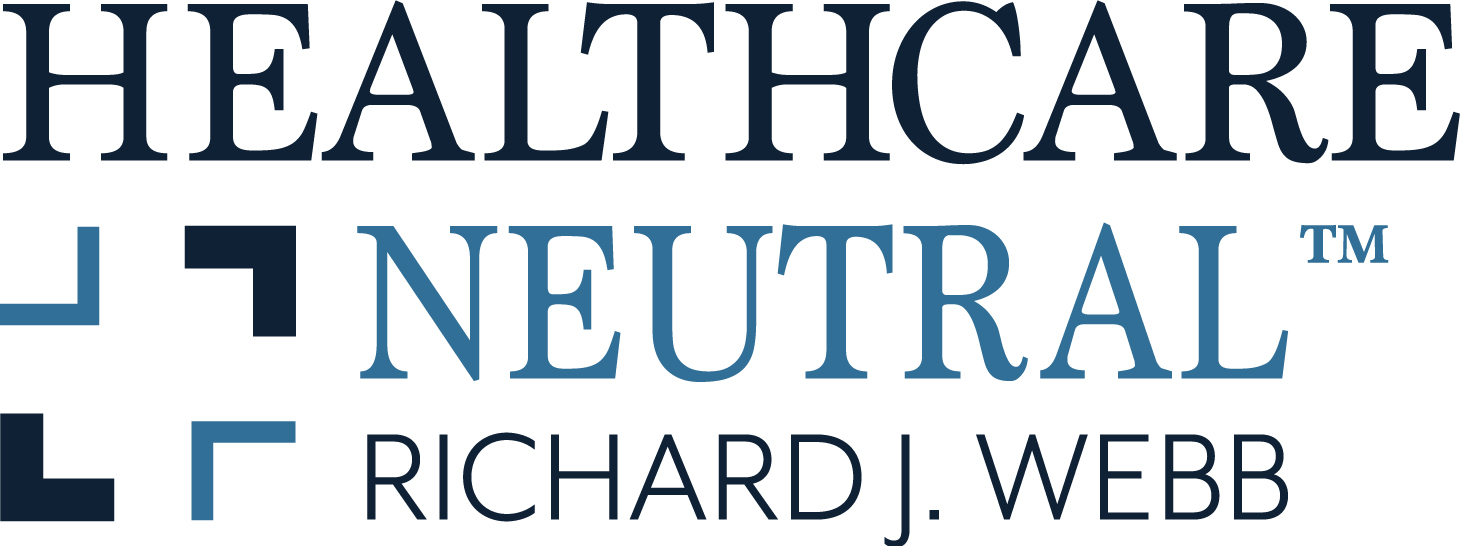
Economic Credentialing: A Cooperative Approach
November 1, 2007
[This post is taken from my longer article, “Economic Credentialing – Hospitals and Physicians at the Crossroads”, appearing in the New Jersey Lawyer Magazine, February 2007.]
“Economic credentialing” generally refers to any hospital policy of limiting membership on its medical staff, or the right to exercise certain clinical privileges, to those physicians who have demonstrated patterns of practice in keeping with announced economic parameters. Implementation of a successful program of economic credentialing will be more likely if it includes the following components:
- development of a persuasive financial analysis to demonstrate the necessity of the desired changes in physicians\’ behavior;
- solid medical support for the safety and efficacy of the desired behavior required by the rules;
- an outlier provision to recognize extraordinary cases that fall outside the normal range of circumstances that justify the rules;
- an enforcement mechanism based upon a percentage of compliance that can start at the current mean and adjust to the optimal level over a reasonable time;
- consideration and approval of specific standards by each department or division of the medical staff to which the rules will apply;
- initial and ongoing education of the entire medical staff concerning the scope and benefit of the rules; and,
- periodic reevaluation of the scope of the rules in light of medical literature and the experience at the hospital.

[Image: Zipper _animated.gif, by DemonDeLuxe (Dominique Toussaint]
Hospitals and physicians share an interest in the hospitals\’ financial viability. They also share an interest in maintaining facilities of the highest quality and providing the best patient care possible. These interests are enough to unite them in confronting the overwhelming economic pressures facing hospitals and physicians today. Through their cooperation, economic credentialing can become a positive force for change within hospitals. It can form the foundation for the successful hospital-medical staff relationship of the future.
